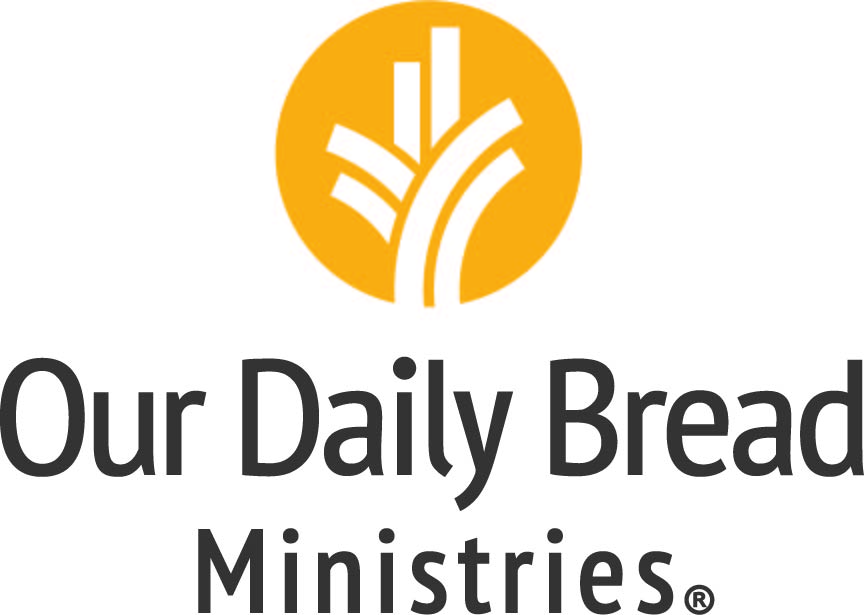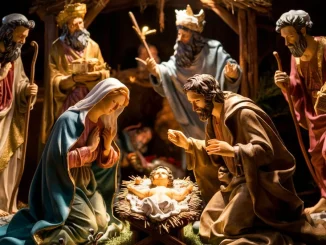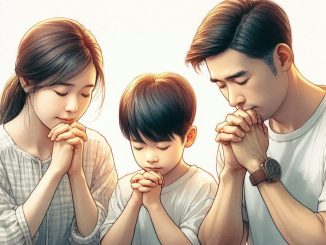

Malaysians love our public holidays, and in Penang, we get an extra one on 7 July to celebrate George Town’s inscription onto the UNESCO World Heritage list. This year is also a significant milestone – it’s our [17th] anniversary since being inscribed in 2008, along with Melaka, for being a “living testimony to the multi-cultural heritage and tradition of Asia, and European colonial influences.”
One might wonder, what is the big deal about being a UNESCO heritage site? Aside from the practical answer of it being good for tourism and the economy, preserving culture and heritage has bigger implications for a person (and a nation)’s identity and sense of belonging – thereby affecting the way they make decisions, how they live their lives and how they carve out their futures.
UNESCO recognises two kinds of heritage: tangible and intangible. The first refers to structures, monuments and artefacts. The second is non-physical, such as language, beliefs, customs and practices. That’s why studying history is so important: it helps us understand how past events made things the way they are today.
Preserving spiritual heritage
In the Bible, many verses in the Book of Psalm speak of the importance of passing down God’s wisdom, decrees and deeds to the next generation.
- “…we will tell the next generation… so the next generation would know them, even the children yet to be born, and they in turn would tell their children.” (Psalm 78:4,6)
- “Let this be written for a future generation, that a people not yet created may praise the Lord.” (Psalm 102:18)
- “One generation commends your works to another; they tell of your mighty acts.” (Psalm 145:4).
As Christians, we have a rich heritage found in the Word of God<
The magnificent buildings of George Town and Melaka have been passed down to us to admire and enjoy today, and we make every effort to preserve them for future generations. Likewise, as believers we are to preserve our spiritual heritage and make effort to pass them on to future generations too. But how do we do that?
The past: We study the past in God’s Word, learning stories of faith and failure, courage and cowardice – all relatable human experiences – finding a guide and roadmap in an unfailing God.
The present: We live out these truths in our present day lives, making every effort by His grace and mercy to walk upright in His ways, becoming living testimonies of God’s goodness.
The future: We tell, show, record, document and archive our stories and testimonies of what God has done for us, that our children and their children may have a good inheritance.
About the Author
Wan Phing Lim is a contributor to Our Daily Bread Ministries Malaysia. Born and raised in Penang, she studied Politics before turning to a career in writing. She loves coffee, books and films.
This article was originally published in ourdailybread.org/spotlight-malaysia/ and has been adapted here with permission.
About the Our Daily Bread Ministries

In 1938, the ministry started with a radio program called Detroit Bible Class. Since then, our audience has grown from a small group of dedicated radio listeners to millions of people around the world who use our Bible-based resources.
Over the years our name has changed to better reflect the variety of resources we offer. Today, we realize that most people recognize who we are by the well-loved devotional Our Daily Bread. So we changed our name to Our Daily Bread Ministries to more clearly communicate who we are. Although our name has changed, our focus remains the same: reaching out to people all around the world with the message of God’s love.
We’re a non-denominational, non-profit organization with staff and volunteers in over 37 offices working together to distribute more than 60 million resources in 150 countries. Regardless of whether it’s a radio or television broadcast, DVD, podcast, book, mobile app, or website, we provide materials to help people grow in their relationship with God.
|Share The Good News|




Leave a Reply